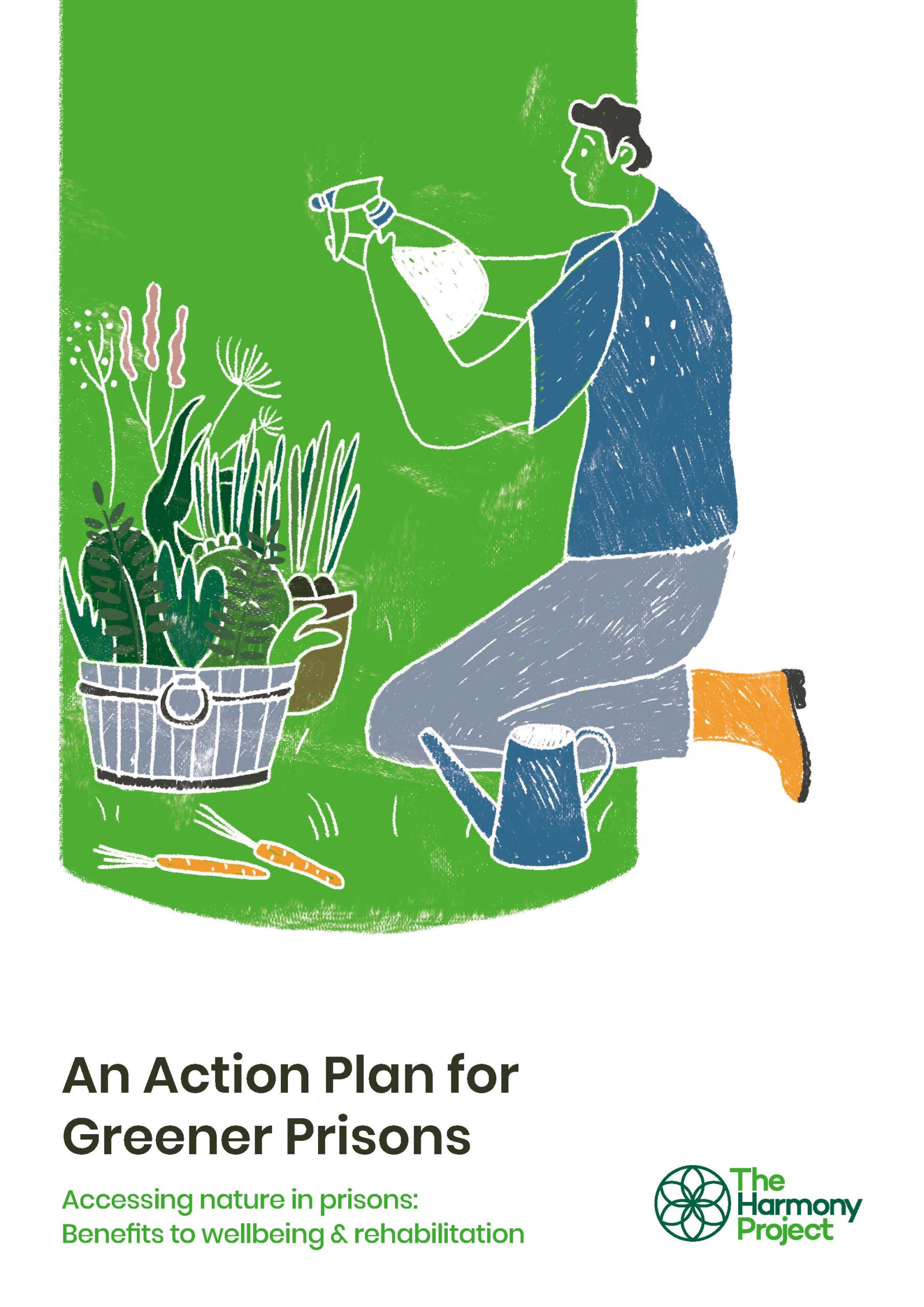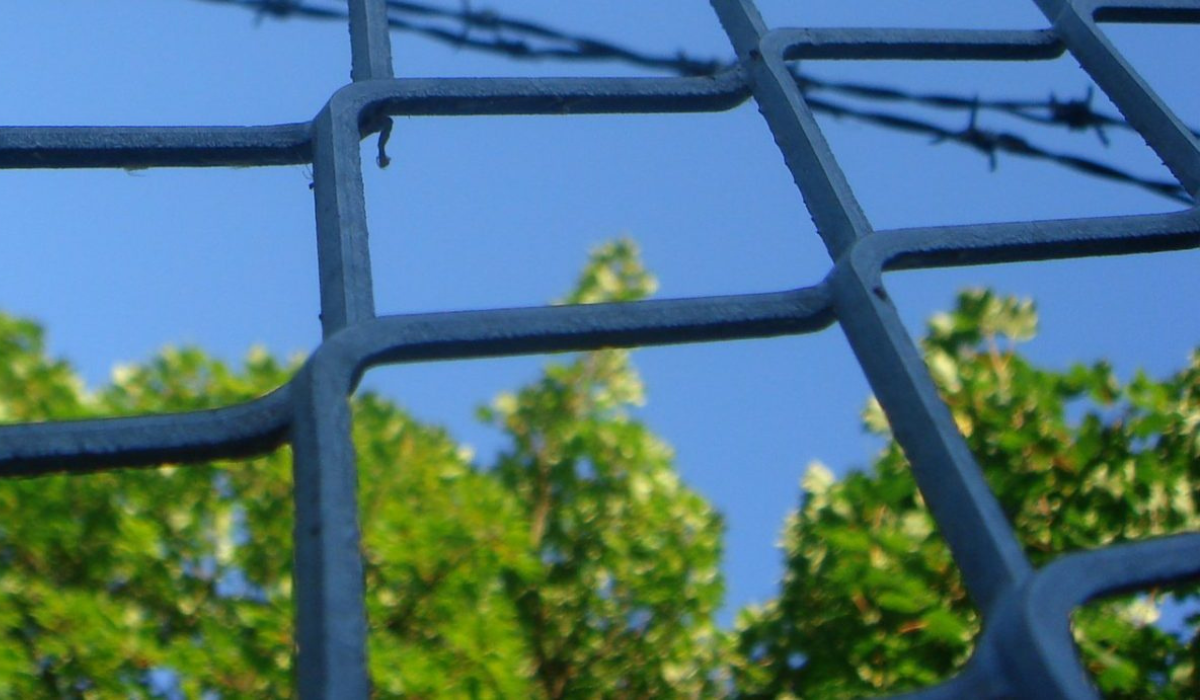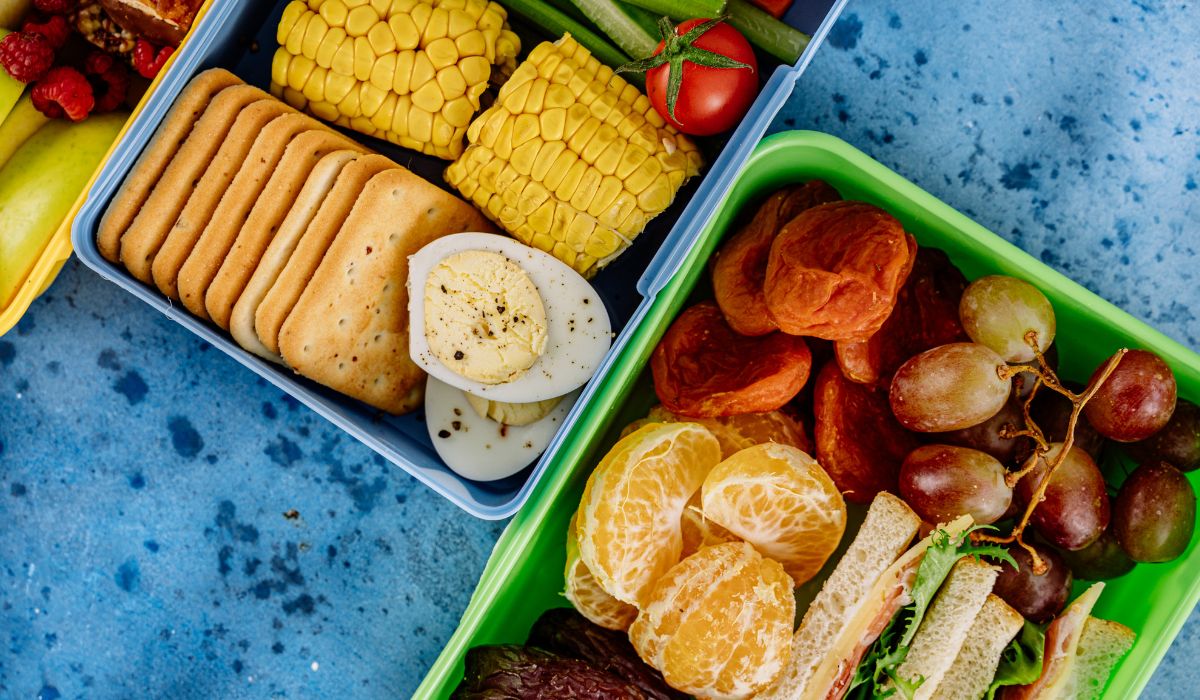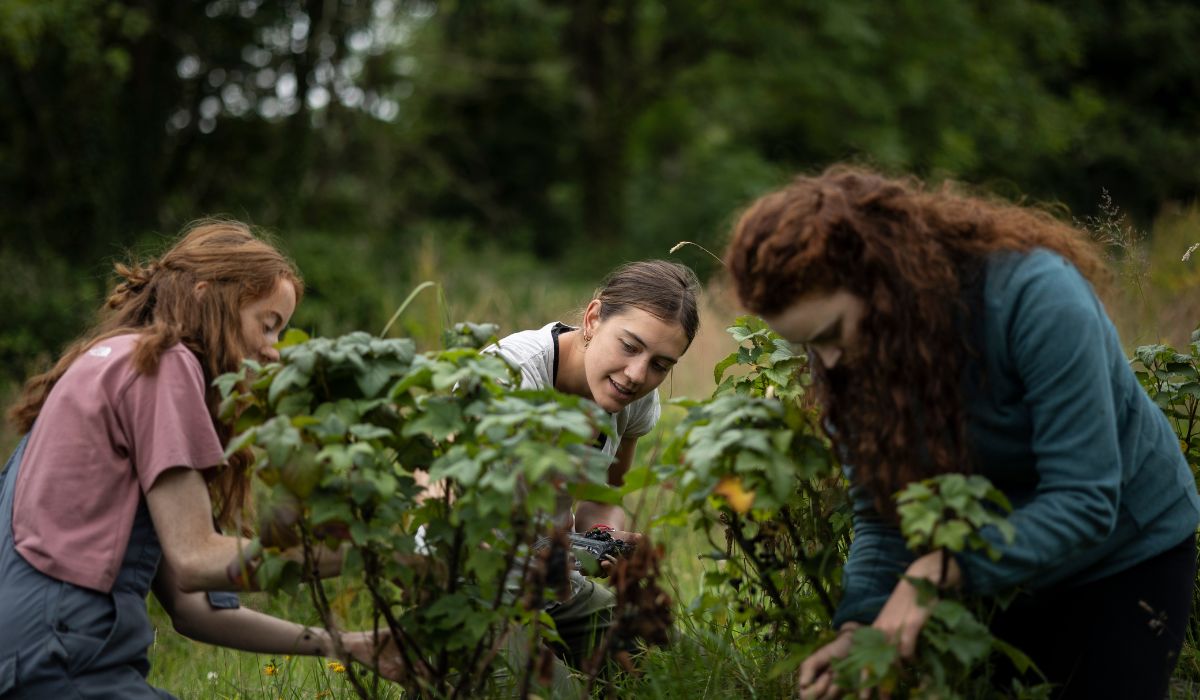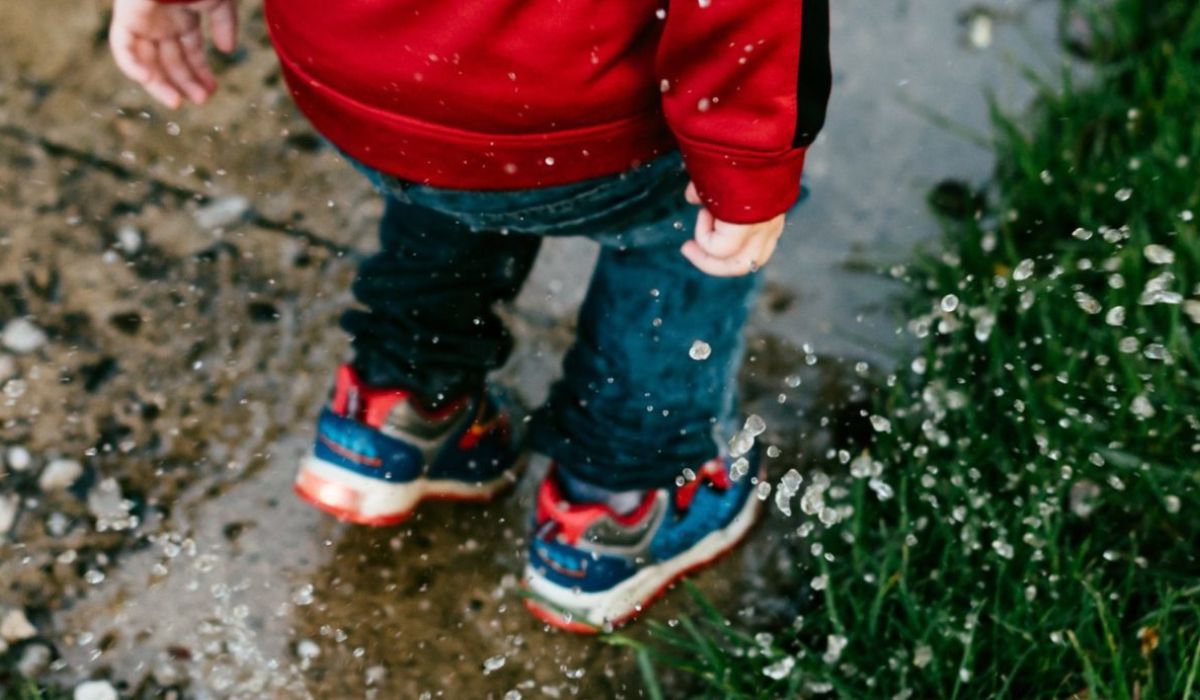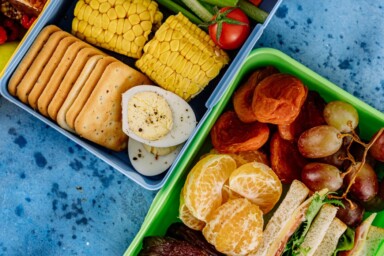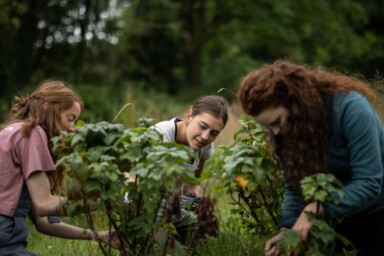Overview
An Action Plan for Greener Prisons draws on research which indicates that access to the natural world, such as having the opportunity to grow food and work with animals, can improve mental wellbeing and reduce stress, anxiety and depression.
Studies also suggest that active hands-on engagement with nature is effective in supporting marginalised people to reintegrate into society. This is a result of facilitating skills development, which builds self-confidence, provides meaningful activity and develops a deeper sense of responsibility. Within a prison context, horticultural programmes in particular have been proven to offer multiple benefits to prisoners.
Recommendations
In light of our research, our discussions with staff at HMP Bristol, and with the goal of improving staff and prisoner wellbeing, the SFT recommends that prisons across the UK look to:
- Increase opportunities for horticultural education and cookery classes
- Introduce animal husbandry and beekeeping courses
- Create a more harmonious interior colour therapy
- Optimise natural light and the presence of indoor plants
- Make use of video and photographic content depicting the natural world
- Introduce quieter, greener outdoor spaces
- Increase the planting of pollinator-friendly, native plants across the prison
- Make use of food grown on-site for catering
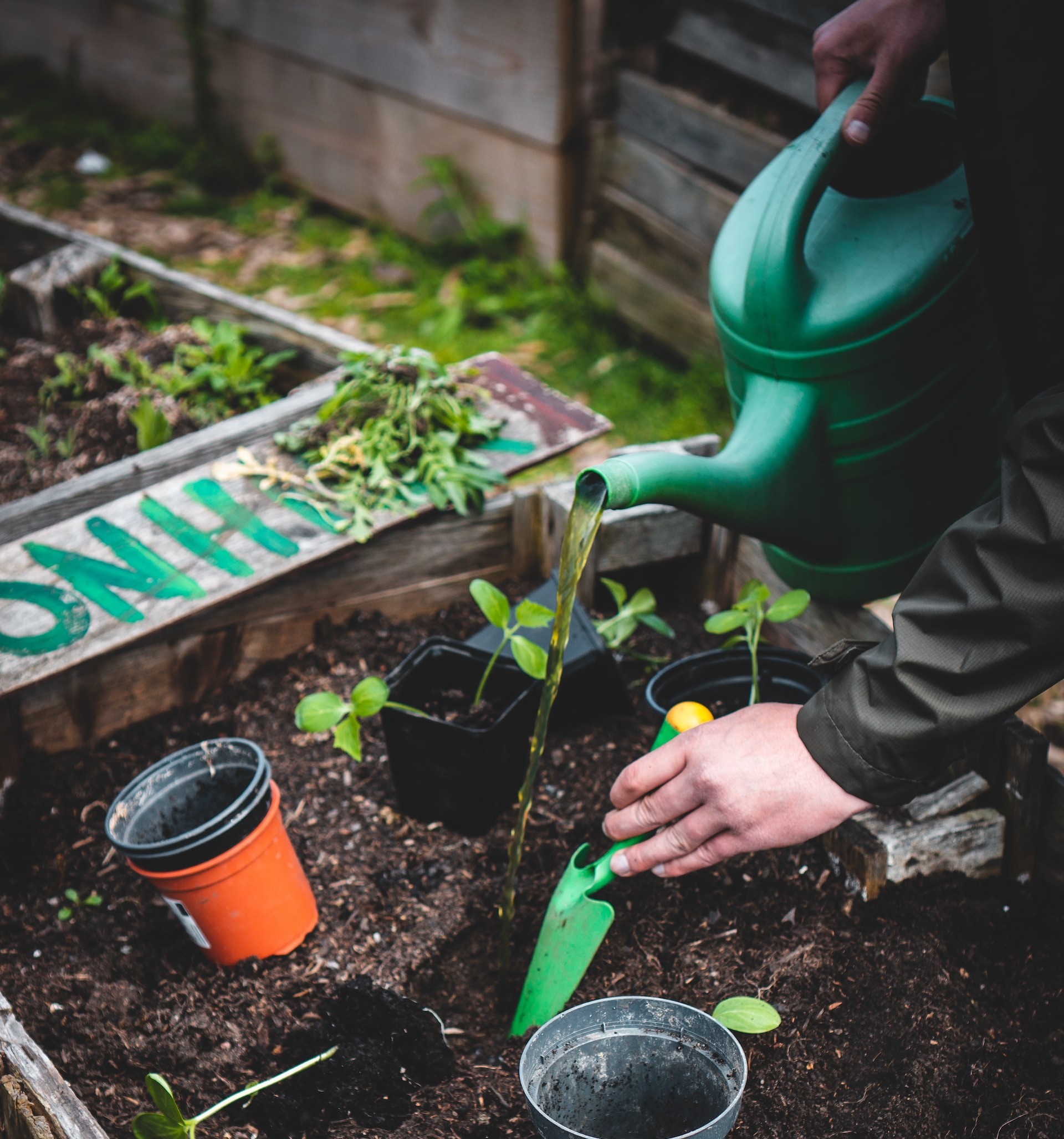
“At HMP Bristol, we want to transition to a more sustainable future. Our goal is to embed sustainability at the heart of the prison environment. We believe that there are considerable benefits to prisoners and staff to considering a new, more environmental approach and we support innovative solutions. Consequently, we welcome the publication of this report by the Sustainable Food Trust and will continue to collaborate with The Harmony Project team to explore these ideas.”
James Lucas, Governor, HMP Bristol
In support of the report, Rory Stewart, Former Minister of State for Prisons and Probation said:
“Providing decent, safe, and positive environments for prisoners through engagement with the natural world is not only a moral obligation, it also ultimately keeps the public safe through addressing many of the issues that lead to reoffending.
It has long been clear that connections to nature, to the outdoors, to gardening and food production are deeply important for my mental and physical health. Recent scientific research amply confirms this.
If we do not work to rehabilitate prisoners through such programmes and many other programmes in education and psychology – it will harm not just the prisoners themselves but the public too – because prisoners, who have been poorly treated, will be much more likely to reoffend on release.
We should be hugely grateful to the Sustainable Food Trust for bringing together such an important and valuable contribution to prisons and broader society.”
To find out more, read our press release, published alongside the Greener Prisons report in December 2020.

